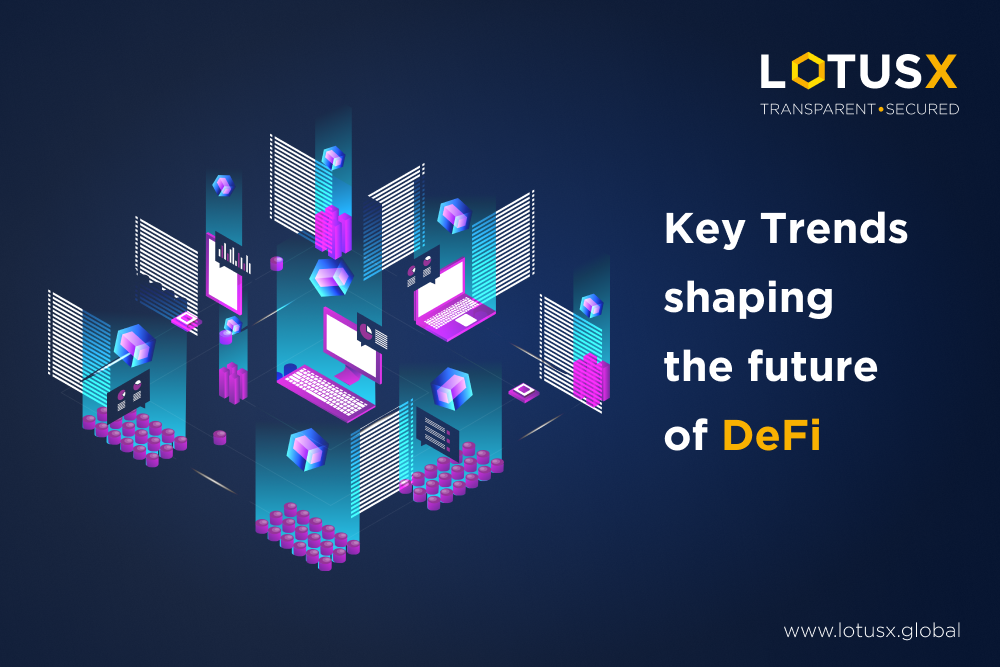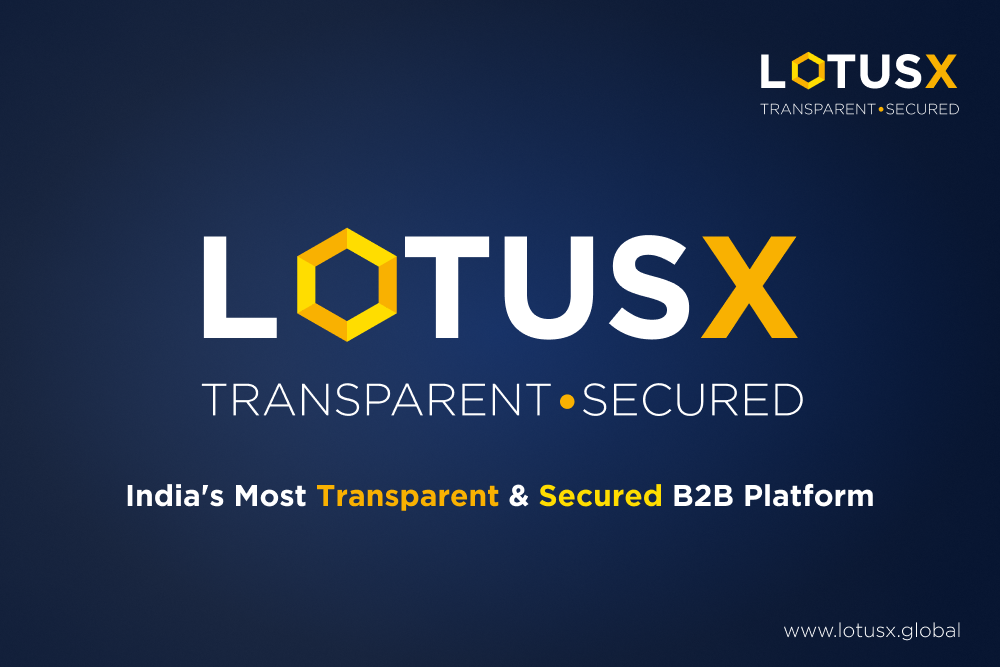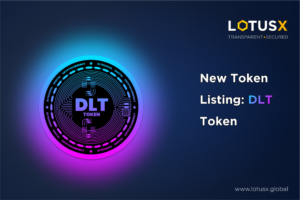The world of finance is undergoing a revolutionary transformation, thanks to the rise of DeFi, or Decentralized Finance. DeFi represents a new paradigm in the financial industry, leveraging blockchain technology to offer a decentralized, open, and permissionless alternative to traditional financial services. In this blog, we’ll explore the explosive growth of DeFi and its potential to disrupt the conventional financial system.
Understanding DeFi
Decentralized finance (DeFi) refers to financial applications built on blockchain technology, primarily Ethereum. These applications offer services unavailable through traditional financial institutions, such as lending, borrowing, and trading. DeFi is still in its early stages but could disrupt the traditional financial system in several ways.
First, DeFi is more open and accessible than traditional financial systems. An internet connection is all you need to participate in DeFi, irrespective of location or financial status, making DeFi a more inclusive financial system with the ability to reach people traditionally underserved by traditional financial institutions.
Second, DeFi is more transparent than traditional financial systems, meaning they can be easily verified. This transparency helps build trust and confidence in the DeFi ecosystem.
Third, DeFi is more efficient than traditional financial systems. Transactions on the blockchain are processed quickly and cheaply, which can save users time and money.
Fourth, DeFi is more secure than traditional financial systems. The blockchain is a secure distributed ledger resistant to fraud and manipulation. This security can protect users’ funds and assets.
The rise of DeFi is a major challenge to the traditional financial system. However, it offers several potential benefits that could make it a more efficient, inclusive, and secure financial system.

Disrupting the Traditional Financial System
Here are some of the specific ways in which DeFi could disrupt the traditional financial system:
- Lending and borrowing: DeFi platforms can provide peer-to-peer lending and borrowing services, which could eliminate the need for traditional banks and other financial intermediaries. DeFi’s peer-to-peer lending and borrowing platforms reduce the need for traditional banks, potentially weakening their influence and control over financial services.
- Trading: DeFi platforms can provide decentralized exchanges for trading cryptocurrencies and other digital assets, which could reduce the fees charged by traditional exchanges.
- Insurance: DeFi platforms can provide decentralized insurance services, which could offer more affordable and transparent insurance options.
- Payments: DeFi platforms can provide decentralized payment services, making sending and receiving money internationally easier and cheaper. DeFi can bring financial services to unbanked and underbanked populations worldwide, providing access to credit, savings, and investment opportunities.
- Investment: DeFi platforms can provide decentralized investment services, which could give users more control over their investments.
Challenges and Risks
DeFi’s ability to disrupt the traditional financial system is significant. However, some challenges must be addressed before DeFi becomes a mainstream financial system. These challenges include:
- Security: The DeFi ecosystem is still relatively naive, and some high-profile hacks have occurred. This has raised concerns about the security of DeFi platforms.
- Regulation: Governments worldwide are still uncertain of the ways to regulate DeFi. This uncertainty is slowing down the adoption of DeFi.
- Scalability: Ethereum, the primary platform for DeFi, has faced scalability issues, leading to high gas fees and slower transaction times.
- Market Volatility: DeFi assets can be highly volatile, posing risks to investors and users.

Conclusion
Despite these challenges, the potential of DeFi is very promising. DeFi can make the financial system more open, accessible, transparent, efficient, and secure. It remains to be seen how DeFi will ultimately disrupt the traditional financial system, but it is a major force to be reckoned with.
As the DeFi ecosystem rampantly matures and evolves, it will be fascinating to watch how it disrupts and transforms the traditional financial system in the years to come. Stay tuned for an exciting financial future driven by decentralization and innovation.




